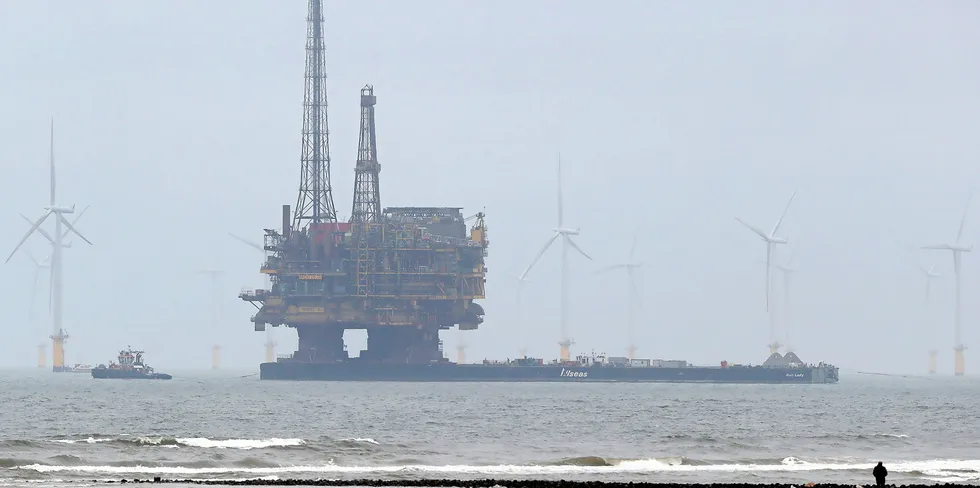More gas and faster wind: UK North Sea fossil industry's pitch to new leader Truss
OEUK claims hydrocarbons and renewables come as energy security package as war of words intensifies over direction of British policy

OEUK claims hydrocarbons and renewables come as energy security package as war of words intensifies over direction of British policy
